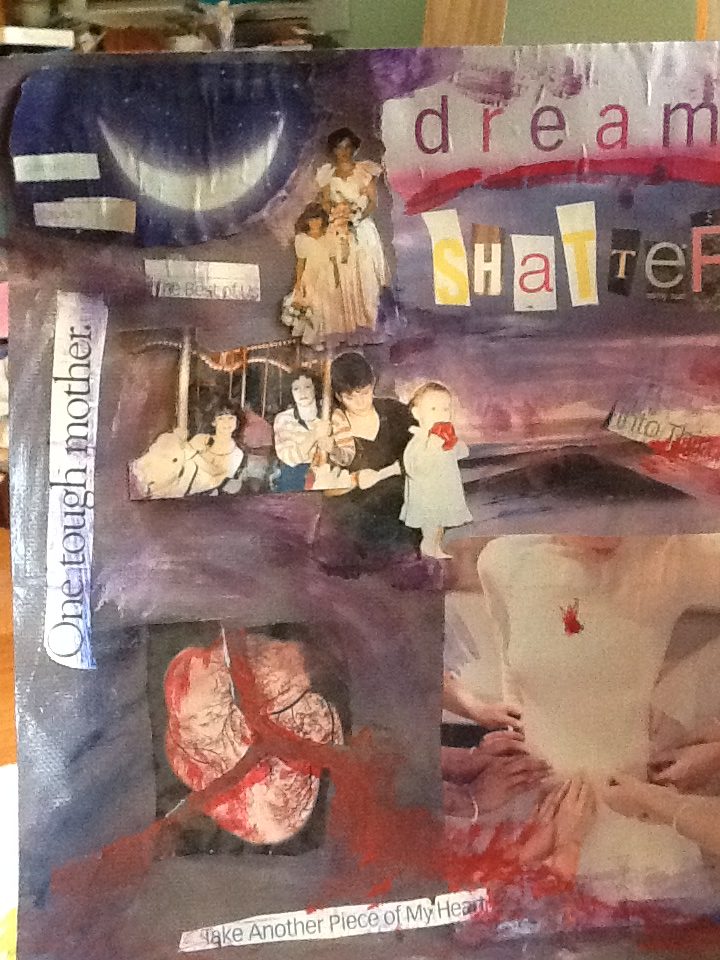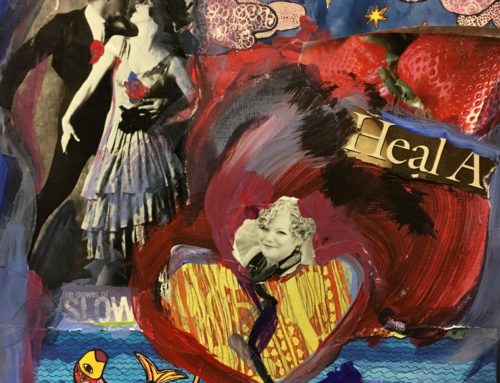Travel back with me to November 3, 2000.
It was a Friday that started out like any other. I worked as a project manager for a contracting company, and my office was in a construction trailer on the campus of NIH in Bethesda Maryland where the project was located. Mid-morning the campus police knocked on the door to my office. When they entered, they told me there had been an accident, and that my daughter Leah was in the hospital. I asked what had happened, and I received no answer. I felt alone, and scared in that long ride to the hospital.
When we arrived at the hospital; we were greeted by Leah’s principal and guidance counselor. They told us that Leah had been in a car accident, that she had hit a tree, the only tree in the middle of a cornfield, and that she was in surgery. I paced as I waited for surgery to be complete, shaking, unable to calm myself.
We called our son who was in college, and he made plans to join us. After an eternity, the surgeon came to talk with us. He told us she had massive brain damage, she was in a medically induced coma because of brain swelling, and talked about prognosis.
I knew she would get well, so I didn’t listen to that, I just wanted to see her.
After 5 days, she had no brain activity, and had had none for several days. We were asked to do what no parent should ever have to do, to make the decision to remove her from life support. The night we made the decision, and left the hospital I crumbled. I thought my life was over too. I was in shock, numb to all my feelings. I just wanted her back. How could I continue my life without my daughter’s physical presence in it?
I withdrew from daily living, from caring for myself; I wanted to be left alone.
Shortly after Leah died I received this message,
“Losing Leah is too high a price to pay to not live the life you were meant to live.”
Those words felt like a soul message, like they were being seared into my heart. When I heard them, I was determined to do what ever it took to find the life I was meant to live. At the time, I had no idea what that would be, or what it would look like. I was determined to honor Leah’s Legacy to me, to be true to myself, no matter what it took.
It took a lot. I had to dig deep, and there were some days I didn’t want to do that. I wanted to hide. I wanted to isolate. I didn’t want to be seen as the daughterless mother that I was.
I wanted to suppress and push down my feelings anyway I could. Every time I did that for too long, those words would come back to me. “Losing Leah is too high a price to pay to not live the life you were meant to live.”
My daughter was continuing to urge me forward, helping me to excavate that life.
There were many twists and turns along the way. My grief journey was not a linear one. I was all over the place, and she continued to remind me that my life still had importance, that there was meaning to be found, that she would not settle for me living a joyless life, not the girl whose laugh was one of the most mentioned by her friends.
One of the first things I did was turn to a practice that was already a familiar part of my life at the time, a present moment awareness practice called Samyama. It helped me to be with my overwhelming and intense feelings in each moment, and to be with the pain of losing my daughter without the stories my head wanted to spin, all of the what ifs, and if onlies.
When I saw how powerful Samyama was at helping me to process my grief, I was called to become certified as a Samyama Practitioner. That was an indication to me that I was moving toward the life I was meant to live.
My greatest passion is helping others who are grieving reclaim their lives in a way that honors their loved one, so that they too can find meaning again in their lives. I’ve learned that the life I was meant to live continues to evolve and I continue to say yes to my journey.




I cried like a baby reading this beautiful post. Turning pain and grief into transformation. Thank you for sharing your story. It is powerful.
Hi, Read this this morning. WOW!